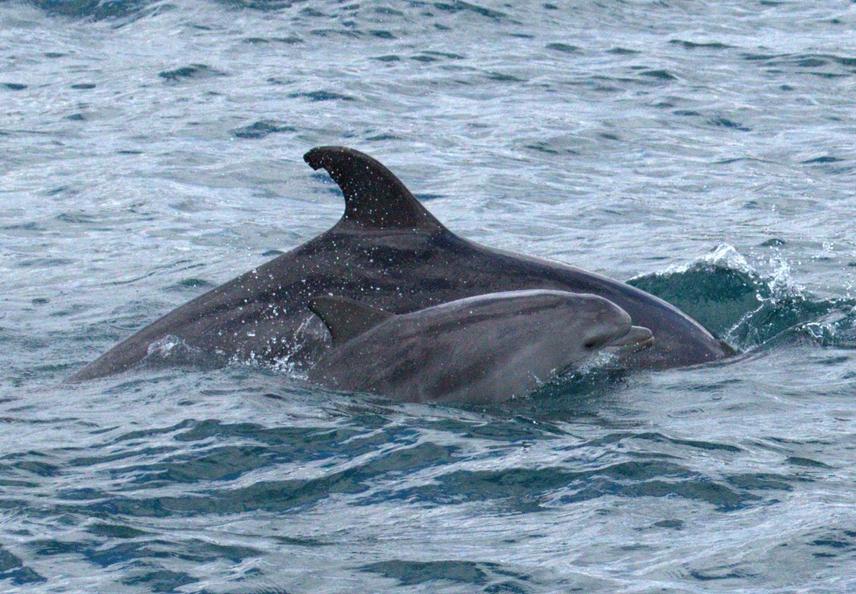Aylin Akkaya
Other projects
28 Jul 2015
Combining Research with Education for Cetacean Conservation in Fethiye-Göcek SEPA Turkey
2 Mar 2017
Towards Ecosystem Based Management of Marine Mammals in the North-Western Levantine Sea
8 Jan 2019
Advancing Knowledge from Coastal to Pelagic for "Species Conservation Action Plan of Turkey": A Tool to Prioritise Measures against Population Decline
16 Dec 2020
Using Scientific Knowledge to Strengthen Management and Conservation Strategies for Cetaceans within the Turkish Mediterranean Sea
Scientific knowledge is the main doorway for effective species and habitat conservation. It is known that any implication that is lacking scientific backup is doomed to fail. Despite the technological advances in our current era, we know more about space than our own blue planet and what it holds in its depths. Cetaceans, in spite of their critical role for biodiversity, forms one of the least studied species in marine taxa due to its high demand on resources, ranging from but not limited to local research capacities, costly equipment and long-term research durations. We have dedicated ourselves to shed light on our understanding of this blue planet through tracing the indicator species of cetaceans. For this sole reason, we have implemented a dedicated long-term research effort on cetaceans within the Eastern Mediterranean Sea of Turkey since 2015, while simultaneously organising workshops and courses directed to the local research community, including students. Additionally, crediting the importance of stakeholder involvement on any effective protection strategy, we have worked together with fishers, tourism agencies, skippers, divers, related NGOs, universities, municipalities and ministries through building mutually beneficial and respectful partnerships.

Bottlenose dolphin.
The current project aims to continue its dedicated effort, to pool the collected and historical scientific knowledge, and to bring the local researchers and stakeholders for the development of a species conservation action plan. Firstly, critical habitats of cetaceans will be modelled for the Eastern Mediterranean Sea of Turkey. Later, threat and stressors of these identified critical habitats will be assessed. Finally, a chain of meetings with the management bodies of marine protected areas, identified stakeholders, focal points, ministries and related international agreements, will be organised to draft the cetacean action plan for Turkey. The developed action plan aims to set an example on its scientific approach, local involvement and stakeholder contribution.
Header: Sperm whale.